Elon Musk paid $25 million to find out voters really dislike him
On Tuesday, Brad Schimel, the Trump-backed candidate in the race for a seat on the Wisconsin Supreme Court, lost in decisive fashion to his liberal opponent, Susan Crawford. Other than the candidate himself, the election’s biggest loser is Elon Musk, who spent $25 million on Schimel’s blowout loss, and whose future in bankrolling the Make America Great Again movement is suddenly up in the air. Musk is not used to this sort of uncertainty. He spent more than a quarter-billion dollars on the 2024 presidential election, a savvy investment that bought him both a de facto Cabinet seat and the obedient silence of Republican politicians who fear that Musk will use his astronomical fortune to finance primary challenges against them the moment they step out of line. Musk saw the Wisconsin Supreme Court as his next conquest—a chance to prove his kingmaker bona fides in an important election for the Republican Party, which he framed in startlingly apocalyptic terms, especially for an off-cycle judicial race in a state where he doesn’t live: The result, Musk warned on March 30, could “decide the future of America and Western Civilization.” Wisconsin voters, however, did not see things Musk’s way. (Or, if they did, they did not share his vision for the future.) Crawford won by 10 points, and Schimel called her to concede a few hours after polls closed. A closer look at the numbers reveals the scale of his defeat: Every county shifted in Democrats’ favor relative to the 2024 election, when Donald Trump won the state by a bit less than one point. Even in deep-red areas where Schimel beat Crawford by margins in the 20s, 30s, and 40s, Crawford still outpaced Vice President Kamala Harris’s performance just four months ago, and sometimes by double digits. Musk has no one to blame but himself. Since November, his antics at the so-called Department of Government Efficiency (DOGE) have made him one of the most polarizing political figures in the country: 60% of people have an unfavorable view of Musk, including 46% who say they view him “very” unfavorably, according to a recent Marquette poll. As it turns out, if you are an unelected plutocrat dismantling the federal government and trying to put hundreds of thousands of people out of a job, and then show up in a new state imploring people to do what you say or else, an appreciable number of them are going to use their votes to tell you to go to hell instead. Musk’s carpetbagging in Wisconsin was equal parts confident and cringe. He promoted a Schimel campaign event on X, and tweeted a weird caricature of the candidate dressed as Superman, urging his followers to “vote for Superjudge.” His PAC hosted a pro-Schimel town hall in Green Bay during which Musk spent more time defending DOGE than he did stumping for Schimel, who opted to campaign elsewhere that night. Musk kicked off the event by bounding onto the stage wearing a bright yellow Packers cheesehead hat, which he promptly autographed and then threw out into the crowd in the style of a band lead singer pandering to concertgoers in a city he can barely remember the name of and never intends to visit again. Perhaps most audaciously, Musk dusted off a strategy he employed in Pennsylvania during the closing weeks of the 2024 election, which basically involved turning voter registration into something resembling a sweepstakes. This time, he promised to pay Wisconsin voters who signed an online petition condemning “activist” judges, and to hand out million-dollar checks to a few lucky winners who had cast their ballots early. Musk modified the terms of his offer shortly after making it, perhaps after learning of a state law that makes it illegal to pay people for voting. Instead, he explained, the million-dollar checks would merely go to “spokesmen” who’d agreed to promote his petition. In a wild coincidence, one recipient, Ekaterina Diestler, works at a company led by well-connected Republicans in the state; the other, Nicholas Jacobs, is the chair of the Wisconsin College Republicans. After Diestler cut a soft-lit promo video in which she explained that she “did exactly what Elon Musk told everyone to do: Sign the petition, refer friends and family, vote, and now I have a million dollars,” Musk’s PAC quickly pulled the clip and replaced it with an edited version that omits the word “vote.” Thanks largely to Musk, overall spending on Tuesday’s election cracked $90 million, which makes it the most expensive state judicial election in U.S. history, roughly doubling the record set in the Wisconsin Supreme Court election two years ago. Musk loomed so large over the race that Crawford was happy to treat it as a referendum on him, earning laughs on the campaign trail by referring to Musk, rather than Schimel, as “my opponent.” This strategy paid off: Turnout was nearly 40% higher than it was in 2023, and Schimel underperformed the other Republican on this year’s ballot—Brittany Kinser, who lost the statewi

On Tuesday, Brad Schimel, the Trump-backed candidate in the race for a seat on the Wisconsin Supreme Court, lost in decisive fashion to his liberal opponent, Susan Crawford. Other than the candidate himself, the election’s biggest loser is Elon Musk, who spent $25 million on Schimel’s blowout loss, and whose future in bankrolling the Make America Great Again movement is suddenly up in the air.
Musk is not used to this sort of uncertainty. He spent more than a quarter-billion dollars on the 2024 presidential election, a savvy investment that bought him both a de facto Cabinet seat and the obedient silence of Republican politicians who fear that Musk will use his astronomical fortune to finance primary challenges against them the moment they step out of line.
Musk saw the Wisconsin Supreme Court as his next conquest—a chance to prove his kingmaker bona fides in an important election for the Republican Party, which he framed in startlingly apocalyptic terms, especially for an off-cycle judicial race in a state where he doesn’t live: The result, Musk warned on March 30, could “decide the future of America and Western Civilization.”
Wisconsin voters, however, did not see things Musk’s way. (Or, if they did, they did not share his vision for the future.) Crawford won by 10 points, and Schimel called her to concede a few hours after polls closed. A closer look at the numbers reveals the scale of his defeat: Every county shifted in Democrats’ favor relative to the 2024 election, when Donald Trump won the state by a bit less than one point. Even in deep-red areas where Schimel beat Crawford by margins in the 20s, 30s, and 40s, Crawford still outpaced Vice President Kamala Harris’s performance just four months ago, and sometimes by double digits.
Musk has no one to blame but himself. Since November, his antics at the so-called Department of Government Efficiency (DOGE) have made him one of the most polarizing political figures in the country: 60% of people have an unfavorable view of Musk, including 46% who say they view him “very” unfavorably, according to a recent Marquette poll. As it turns out, if you are an unelected plutocrat dismantling the federal government and trying to put hundreds of thousands of people out of a job, and then show up in a new state imploring people to do what you say or else, an appreciable number of them are going to use their votes to tell you to go to hell instead.
Musk’s carpetbagging in Wisconsin was equal parts confident and cringe. He promoted a Schimel campaign event on X, and tweeted a weird caricature of the candidate dressed as Superman, urging his followers to “vote for Superjudge.” His PAC hosted a pro-Schimel town hall in Green Bay during which Musk spent more time defending DOGE than he did stumping for Schimel, who opted to campaign elsewhere that night. Musk kicked off the event by bounding onto the stage wearing a bright yellow Packers cheesehead hat, which he promptly autographed and then threw out into the crowd in the style of a band lead singer pandering to concertgoers in a city he can barely remember the name of and never intends to visit again.
Perhaps most audaciously, Musk dusted off a strategy he employed in Pennsylvania during the closing weeks of the 2024 election, which basically involved turning voter registration into something resembling a sweepstakes. This time, he promised to pay Wisconsin voters who signed an online petition condemning “activist” judges, and to hand out million-dollar checks to a few lucky winners who had cast their ballots early. Musk modified the terms of his offer shortly after making it, perhaps after learning of a state law that makes it illegal to pay people for voting. Instead, he explained, the million-dollar checks would merely go to “spokesmen” who’d agreed to promote his petition.
In a wild coincidence, one recipient, Ekaterina Diestler, works at a company led by well-connected Republicans in the state; the other, Nicholas Jacobs, is the chair of the Wisconsin College Republicans. After Diestler cut a soft-lit promo video in which she explained that she “did exactly what Elon Musk told everyone to do: Sign the petition, refer friends and family, vote, and now I have a million dollars,” Musk’s PAC quickly pulled the clip and replaced it with an edited version that omits the word “vote.”
Thanks largely to Musk, overall spending on Tuesday’s election cracked $90 million, which makes it the most expensive state judicial election in U.S. history, roughly doubling the record set in the Wisconsin Supreme Court election two years ago. Musk loomed so large over the race that Crawford was happy to treat it as a referendum on him, earning laughs on the campaign trail by referring to Musk, rather than Schimel, as “my opponent.”
This strategy paid off: Turnout was nearly 40% higher than it was in 2023, and Schimel underperformed the other Republican on this year’s ballot—Brittany Kinser, who lost the statewide race for school superintendent—by 2 points. In other words, Schimel didn’t lose this badly just because Democrats showed up to the polls en masse. Schimel lost this badly because people associate him with Elon Musk, and even some voters who are otherwise inclined to vote for Republicans decided they wanted nothing to do with him.
As Crawford celebrated her victory, Musk does what he always does when he’s upset: Post. “I expected to lose, but there is value to losing a piece for a positional gain,” he wrote, which is also how I grieve when my 7-year-old niece hits me with two straight Draw 4 cards to beat me in Uno. He’s since promoted a video from (of course) conspiracy theorist Alex Jones and Trump-adjacent gadfly Roger Stone suggesting that the election was stolen, a time-honored Republican response to election results they do not like.
The open question is whether Musk’s diminishing influence with voters threatens his positions of power within the Trump administration, and within the Republican Party as the 2026 midterm elections approach. Candidates will want his money—because candidates always want money—but the more they clock him as ballot-box poison, the more likely they are to conclude that taking his money isn’t worth the trouble of sharing the stage with him.
It is probably not a coincidence that the morning after Schimel’s loss, Politico was ready with a report that Musk and Trump, in the proud tradition of amenable breakups everywhere, have mutually decided that he’ll soon leave the White House and “take on a supporting role” instead.
The story frames the decision as driven by the statutory 130-day limit on Musk’s tenure as a “special government employee,” and acknowledges that he’s likely to continue in some sort of informal adviser role. But it also notes a growing number of administration figures who see Musk as “a political liability who has served as a rallying point for fractured Democrats.”
The conservative Wall Street Journal editorial board similarly worried that Musk’s failure in Wisconsin shows that “the Trump-Musk governing style is stirring a backlash that could cost them control of Congress next year.” Basically, watching Musk write novelty checks was all fun and games until he became one of the most repellent people on earth.
Schimel’s loss does not mean that Musk’s career in politics is all the way over. The first elections after presidential elections often cut against the party in power, and thanks to the U.S. Supreme Court’s enduring passion for money in politics, as soon as Musk overcomes the humiliation of blowing $25 million for a double-digit loss, he is as free as ever to throw himself into the next election that piques his interest. But at the very least, Tuesday showed that there are limits to what his money can buy—and that if he keeps coming up empty, he could find himself out of political power just as quickly as he bought his way into it.













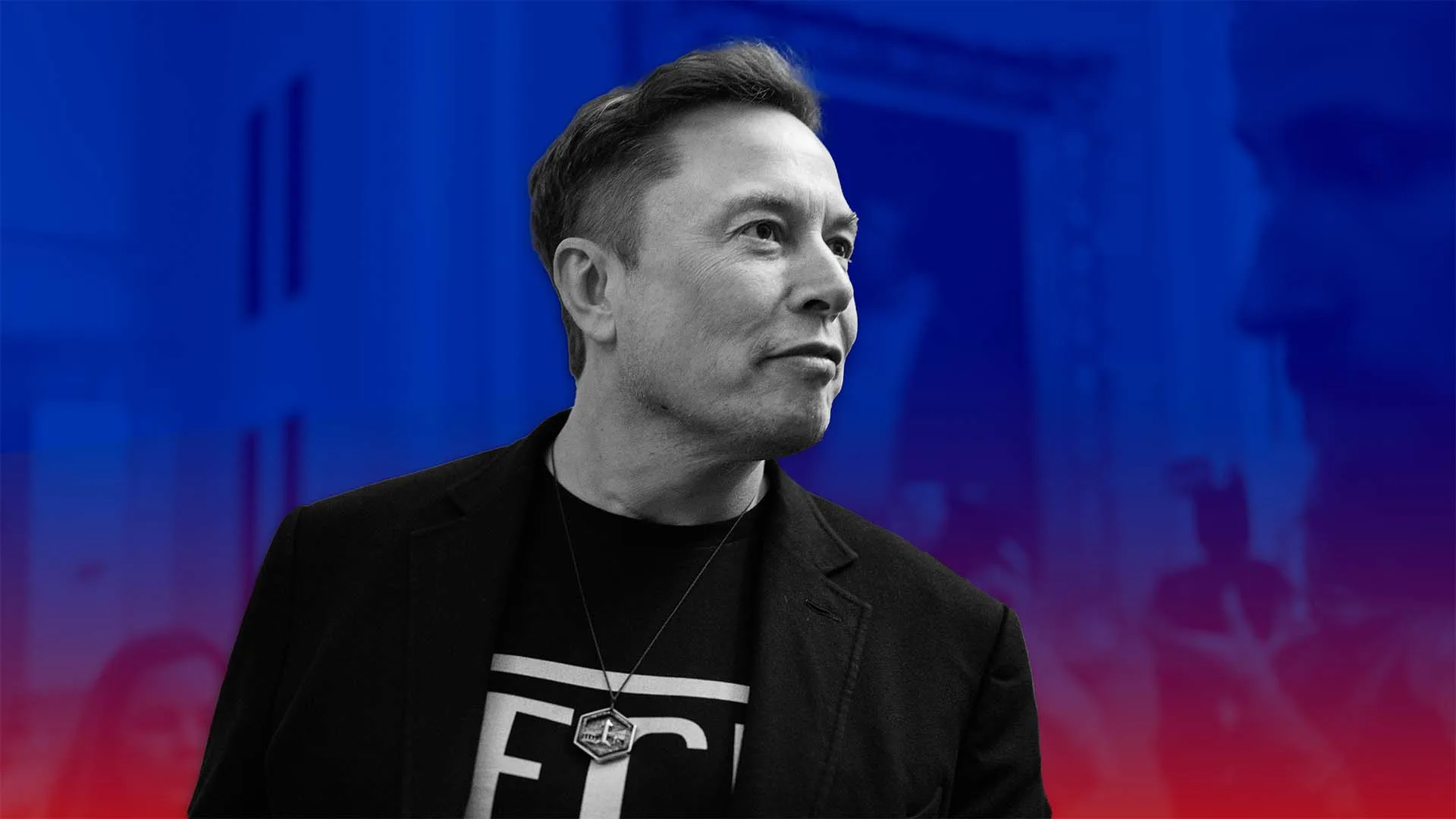

























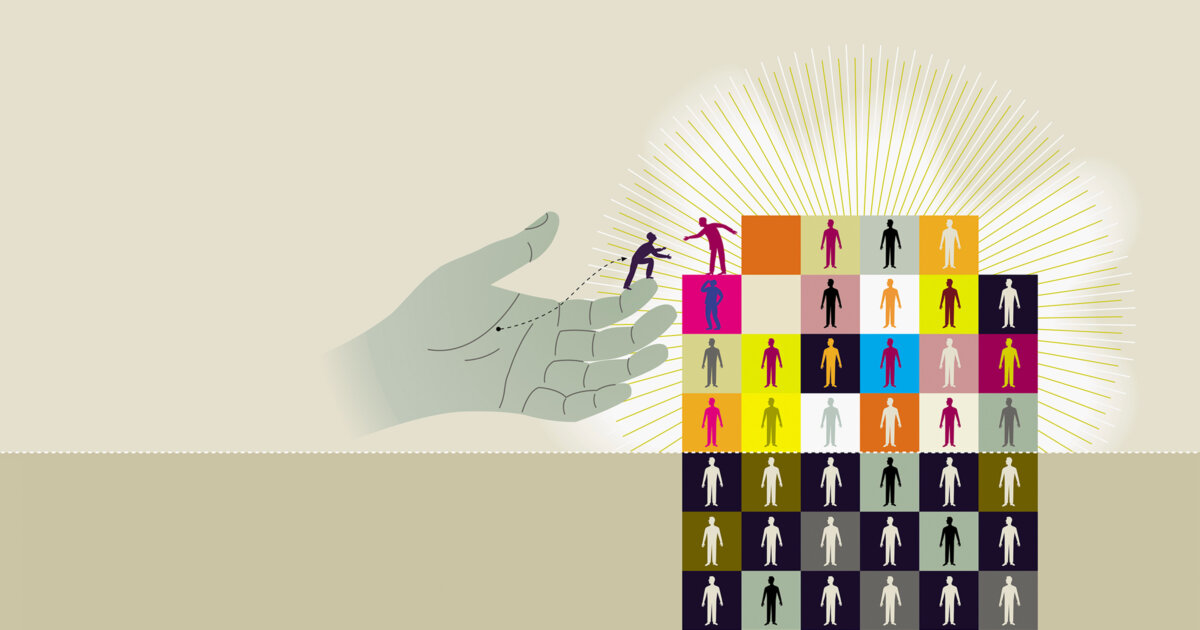
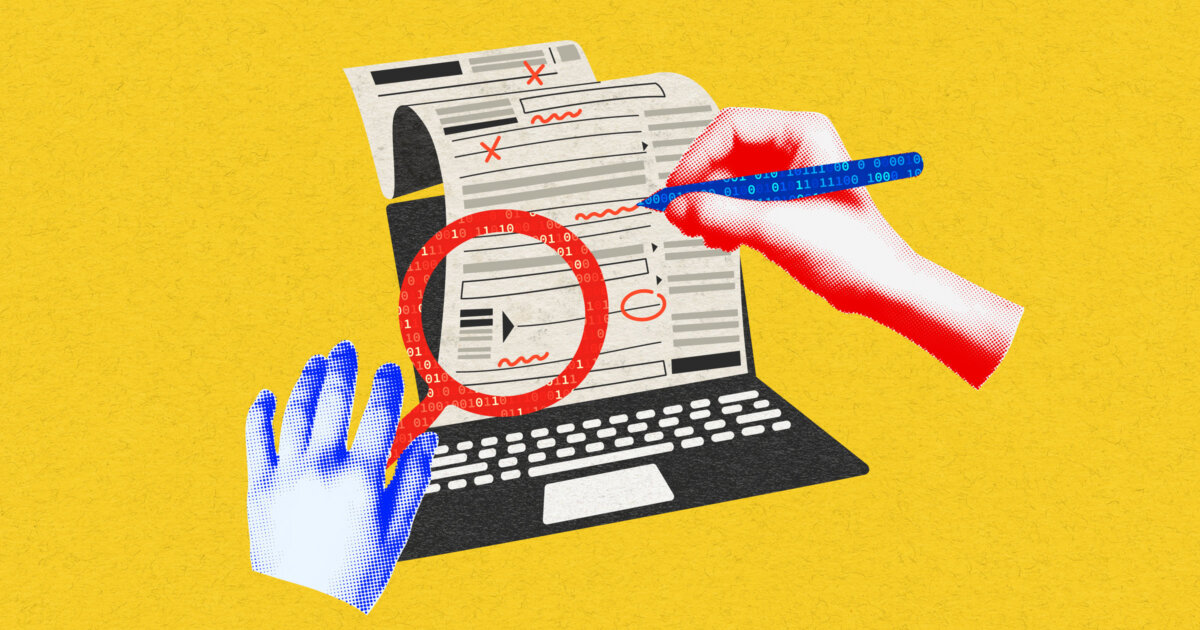



























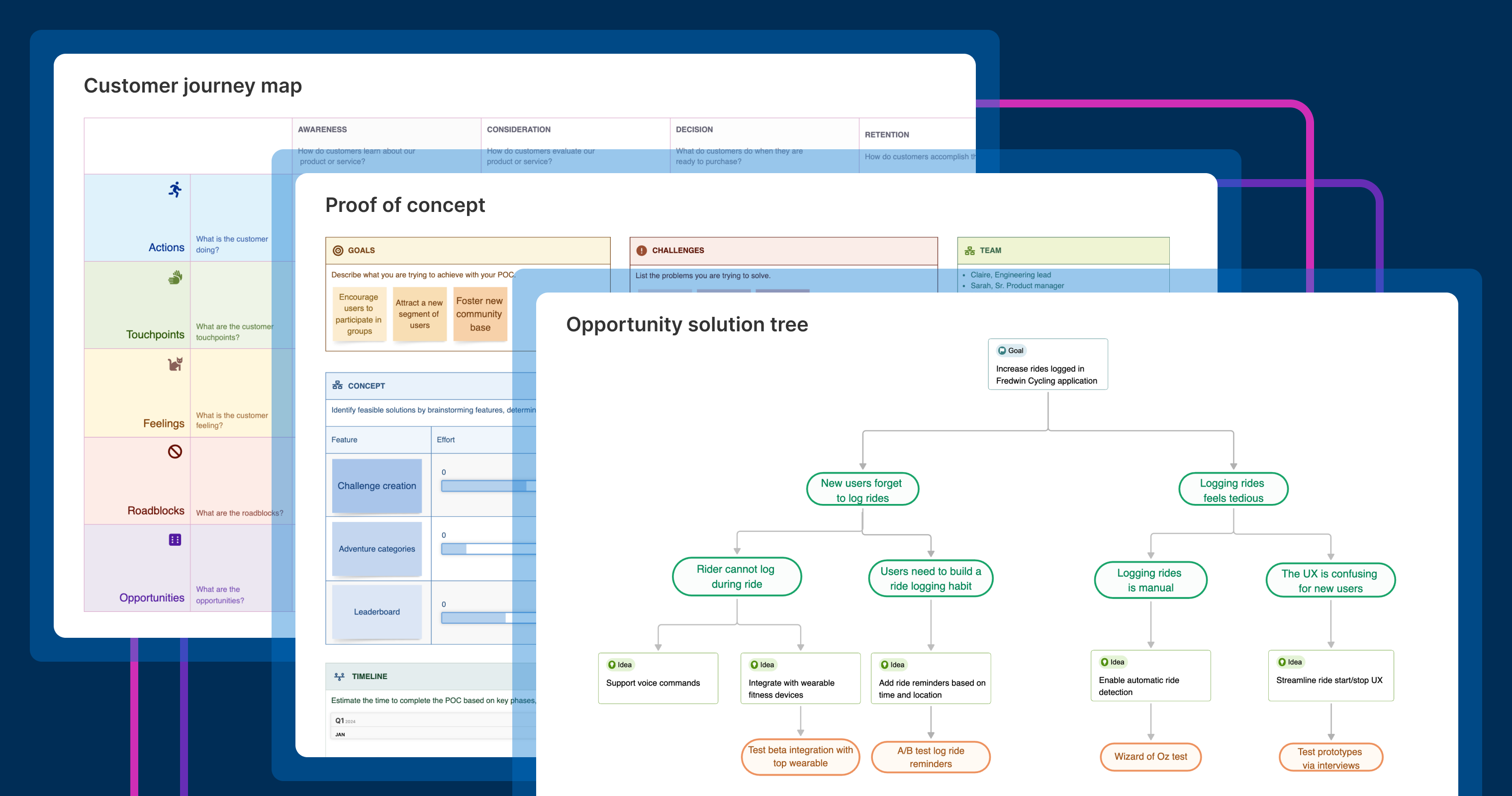
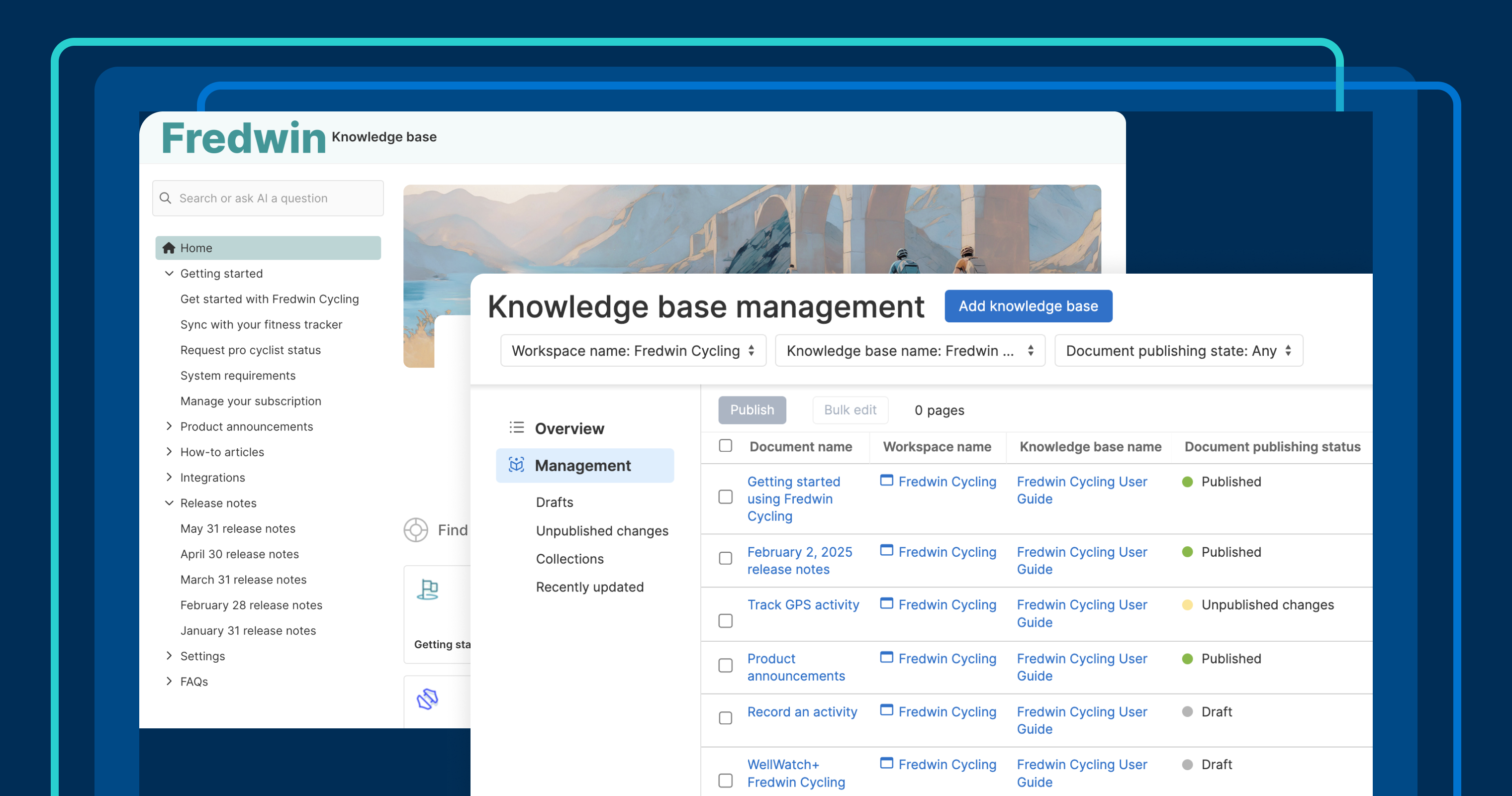
























![Building A Digital PR Strategy: 10 Essential Steps for Beginners [With Examples]](https://buzzsumo.com/wp-content/uploads/2023/09/Building-A-Digital-PR-Strategy-10-Essential-Steps-for-Beginners-With-Examples-bblog-masthead.jpg)



![How One Brand Solved the Marketing Attribution Puzzle [Video]](https://contentmarketinginstitute.com/wp-content/uploads/2025/03/marketing-attribution-model-600x338.png?#)






![How to Use GA4 to Track Social Media Traffic: 6 Questions, Answers and Insights [VIDEO]](https://www.orbitmedia.com/wp-content/uploads/2023/06/ab-testing.png)






























